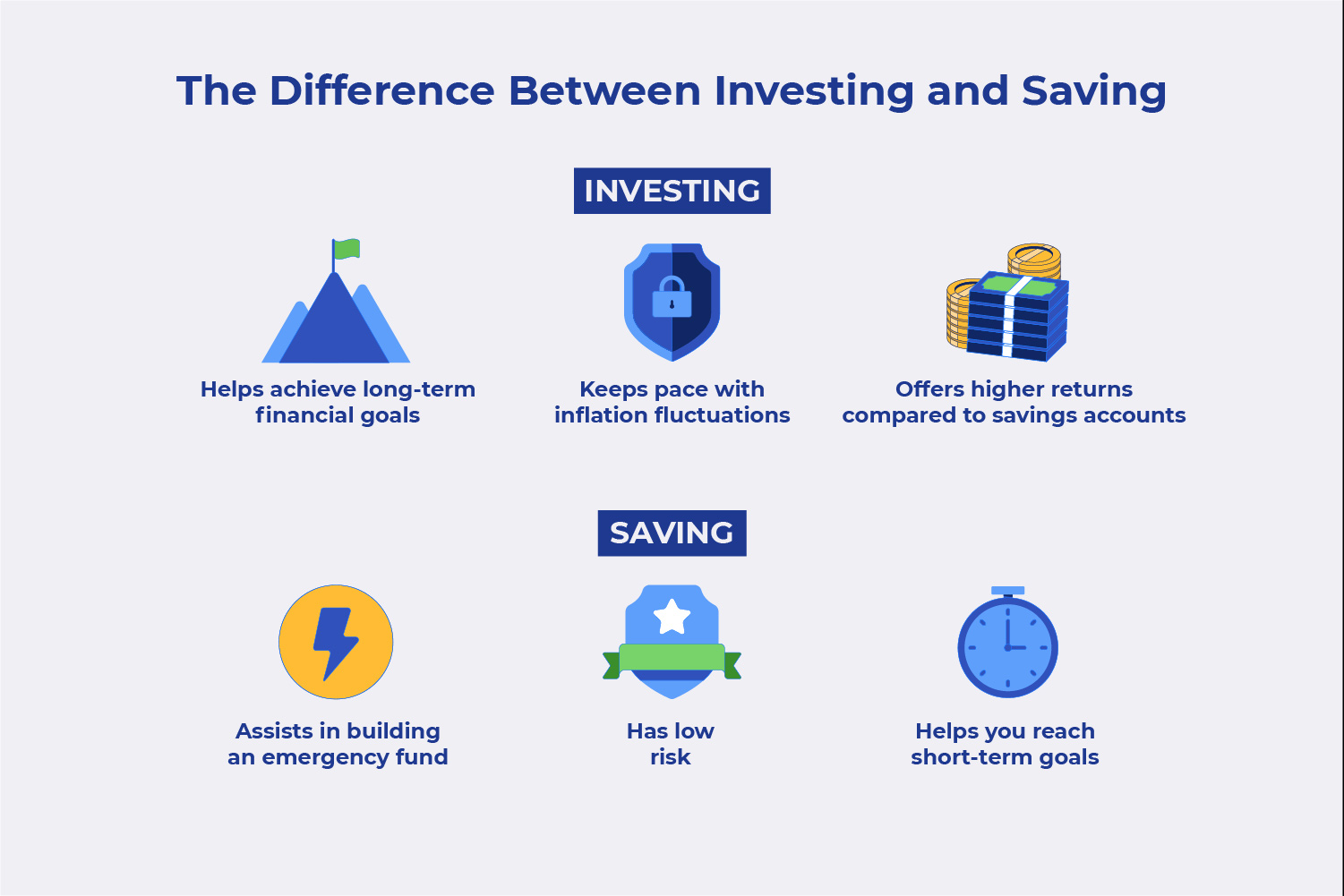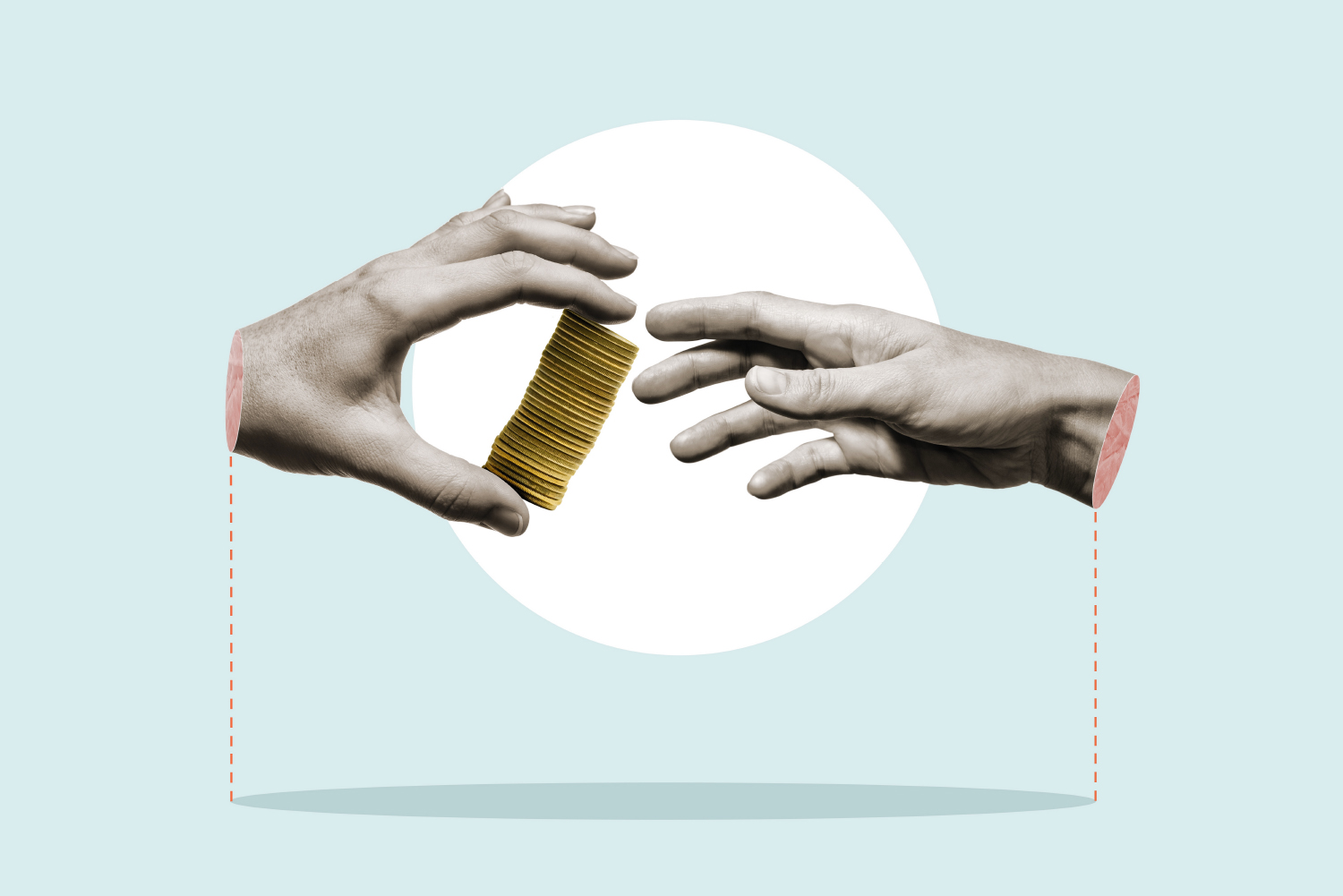When it comes to money, our thoughts often vary depending on our goals and financial plans. In particular, when discussing finances, it's essential to talk about investing and saving and understand the difference between the two. You might also wonder about the best ways to save money or whether it's better to invest instead. Are there significant differences between investing and saving?
Understanding the distinctions between saving and investing, as well as the benefits of each, can help you make better decisions for achieving your financial goals.
In this article, we'll explore the key differences between the two and help you decide which option might be better for your money.
What is Investing?
Investing is a way to grow your money over time by putting it into various financial tools such as stocks, bonds, or mutual funds. While investing comes with a certain level of risk, it often provides higher returns in the long run.
Investing is typically geared toward achieving long-term financial goals, like making a down payment on a house, securing your retirement, or buying a new car. Since investments carry different levels of risk, it’s essential to choose the right type of investment based on your goals and investment timeline. In general, the longer you invest, the more capable you are of handling risks because you have more time to recover from market fluctuations.
For example, if you decide to invest in a development company by buying its stock, you’ll own a small part of the company. If the company performs well, the stock’s value increases, and you can sell your shares at a profit.
However, with all these benefits, it's crucial to remember that investing comes with no guarantees. There's always the risk of losing money. If, for instance, the development company we mentioned before were to go bankrupt, your investment could be worth little to nothing. This is why diversification, or spreading your investments across different sectors and companies, is essential for reducing risk.
Benefits of Investing
Investing offers the potential for higher returns than savings accounts. It helps grow your wealth over time through compound interest and reinvesting profits. Plus, it supports long-term financial goals such as buying a home, a car, or securing your retirement. But as with any financial decision, investing has its drawbacks.
There's always the risk of losing money, and there’s no guarantee that your investment will grow or even return your initial capital. To minimize risks, diversify your portfolio by investing in various types of assets. The key is to research and understand the risks associated with each type of investment.
What are the Pros and Cons of Investing?
Pros of Investing:
- Potential for higher returns than savings accounts.
- Helps you achieve long-term financial goals.
- Diversifying your portfolio reduces risks.
- Hedge against inflation.
Cons of Investing:
- Risk of losing money, especially in the short term.
- Requires ongoing monitoring and discipline with investments.
- Long-term commitment is needed for satisfactory returns.








